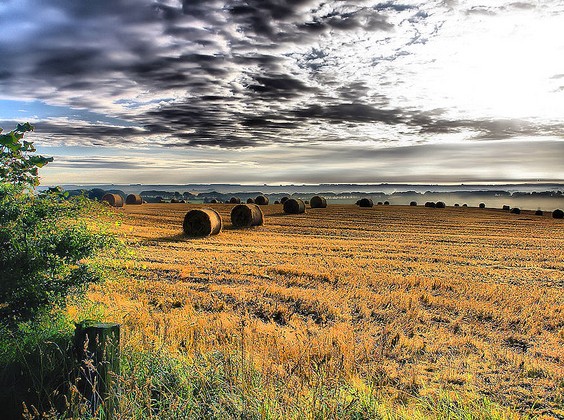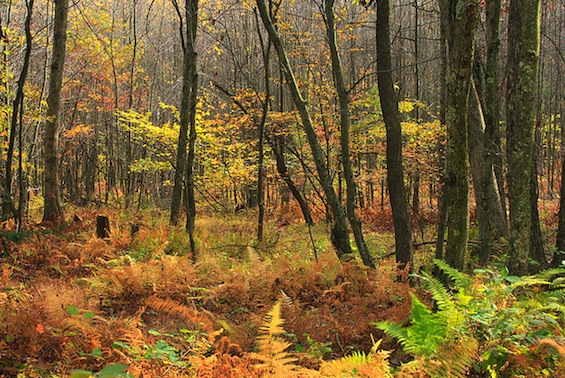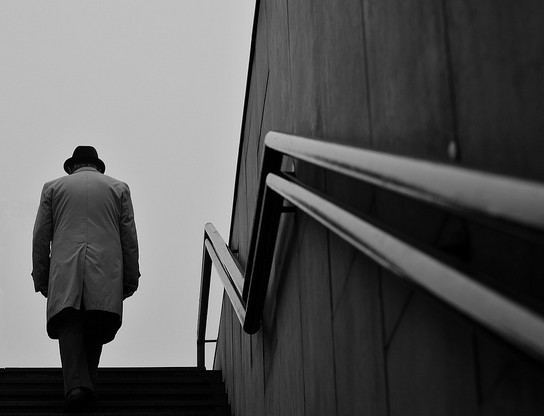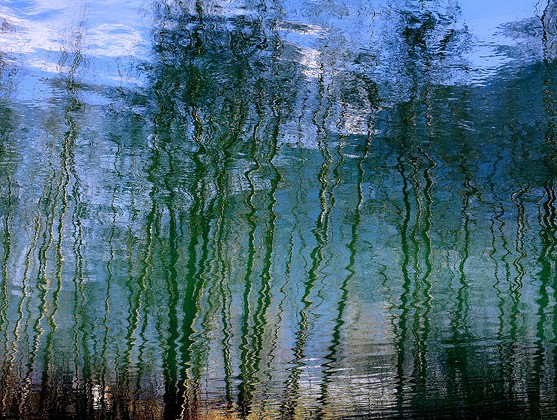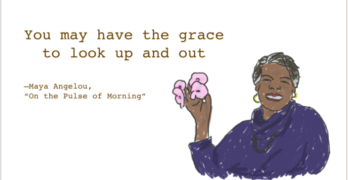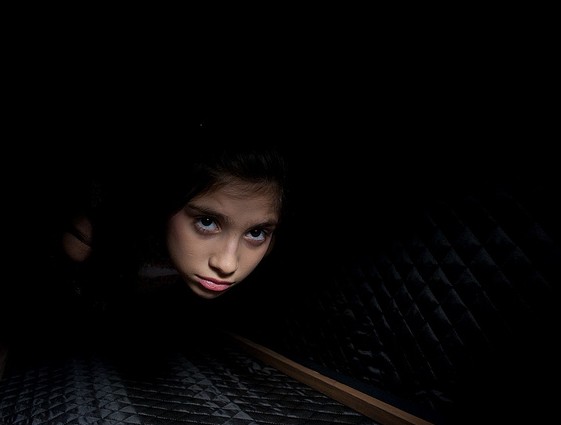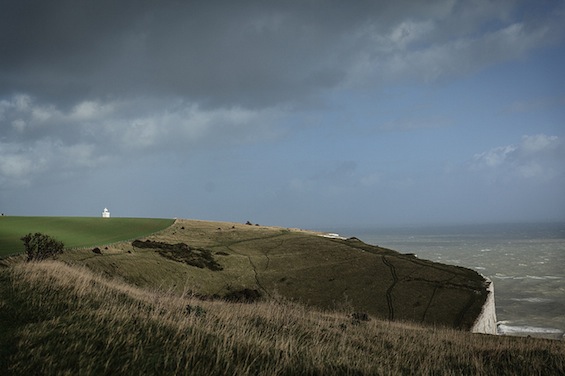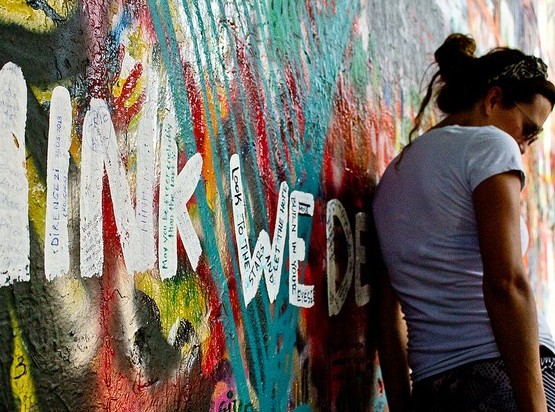World War I was a conflict made for poetry, and it made a lot of it. But what did the soldiers themselves read?
Reading Ulysses: Mischief in the Woods
What can reading Ulysses in the woods teach us about changing education and throwing out the idea of homework? A whole lot.
Poets and Poems: Boris Pasternak and “February”
“February: Poems” by Boris Pasternak reflect the poet (and novelist’s) experience of living in a Russia marked by war, revolution, civil war, and oppressive communism.
Poets and Poems: Wendell Berry and “This Day”
“This Day, ” Wendell Berry’s new collected Sabbath poems, remind us of the wholeness, consistency and beauty of his literary writing.
Maya Angelou: The Poetry and Life of Reinvention
Maya Angelou was an unlikely candidate for literary success. But she reinvented herself, more than once.
Poets and Poems: Aleksandr Solzhenitsyn and “Prussian Nights”
“Prussian Nights” by Aleksandr Solzhenitsyn reminds us that victory in war doesn’t automatically mean moral superiority over an enemy.
Poem Analysis: Matthew Arnold’s Dover Beach
“The sea is calm tonight…” An evocative poem analysis focusing on the imagery in Matthew Arnold’s Dover Beach. Insightful and helpful…
Poets and Poems: J.P. Dancing Bear’s “The Abandoned Eye”
The poems in J.P. Dancing Bear’s “The Abandoned Eye” cut like razor blades, removing what we use to hide and obscure.
Poems from the House of Memory – 1
From wisteria to butterflies, rubies to gardenia, the house of love and life calls in these poems.
Poets at Home
Poets at home deserve poems. So we wrote them, on Twitter.
